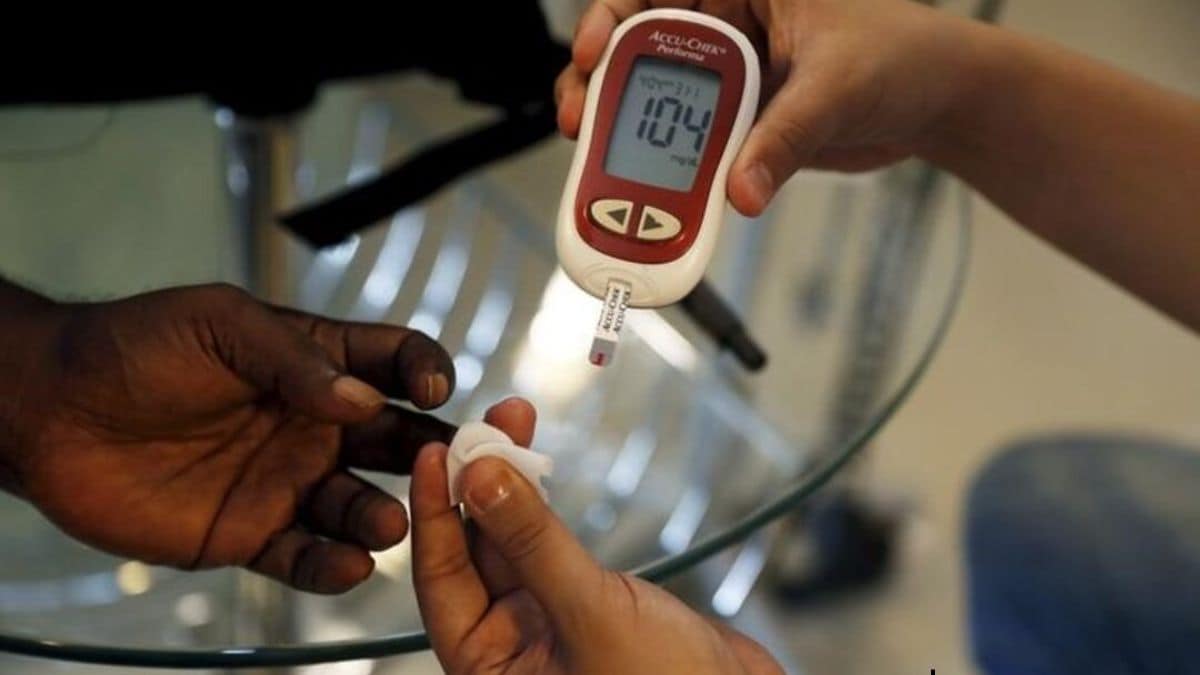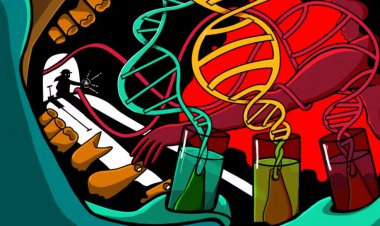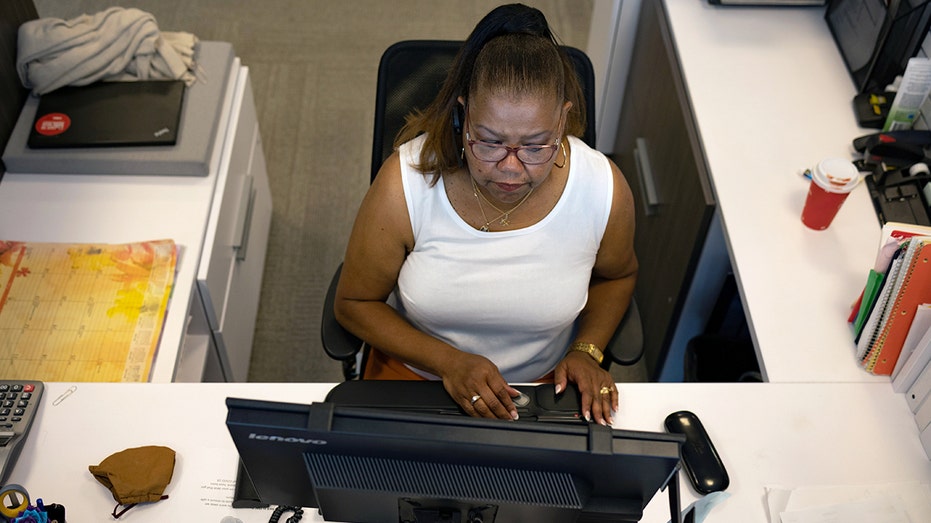WHO warned against it but Indian study finds sucralose safe for diabetic people in small doses
Conducted in Chennai, the study focuses on the impact of artificial sweetener sucralose to measure its impact on body weight, BMI, and waist circumference. The study found no adverse impact on glycemic markers

A study by the Madras Diabetes Research Foundation (MDRF) has found that sucralose, a non-nutritive sweetener (NNS), is safe for use in small doses among adults with type 2 diabetes (T2D). The study, conducted over 12 weeks, observed no adverse impact on glycemic markers like glucose or HbA1c levels, while noting slight improvements in body weight, waist circumference, and body mass index (BMI).
The randomised controlled trial (RCT), the first of its kind in India, involved 179 adults with T2D and aimed to evaluate the effects of replacing table sugar with sucralose in daily beverages such as coffee and tea.
Participants were divided into two groups: the intervention group used a sucralose-based tabletop sweetener, while the control group continued using sucrose. Lifestyle patterns and medications remained unchanged throughout the study.
Senior diabetologist Dr V. Mohan, the chairman of the Madras Diabetes Research Foundation (MDRF), who led the study, emphasised the significance of the findings for the Indian context.
“This study is very relevant to India as the dietary habits of Indians vary significantly when compared to the rest of the world. Typically, in India, NNS is used to replace sugars in daily beverages like tea or coffee. This can help in cutting down calories, sugar intake, and increase dietary compliance. Judicious use of NNS like sucralose within the permissible ADI (Acceptable Daily Intake) in daily beverages like tea and coffee appears to be safe,” said Dr Mohan.






















